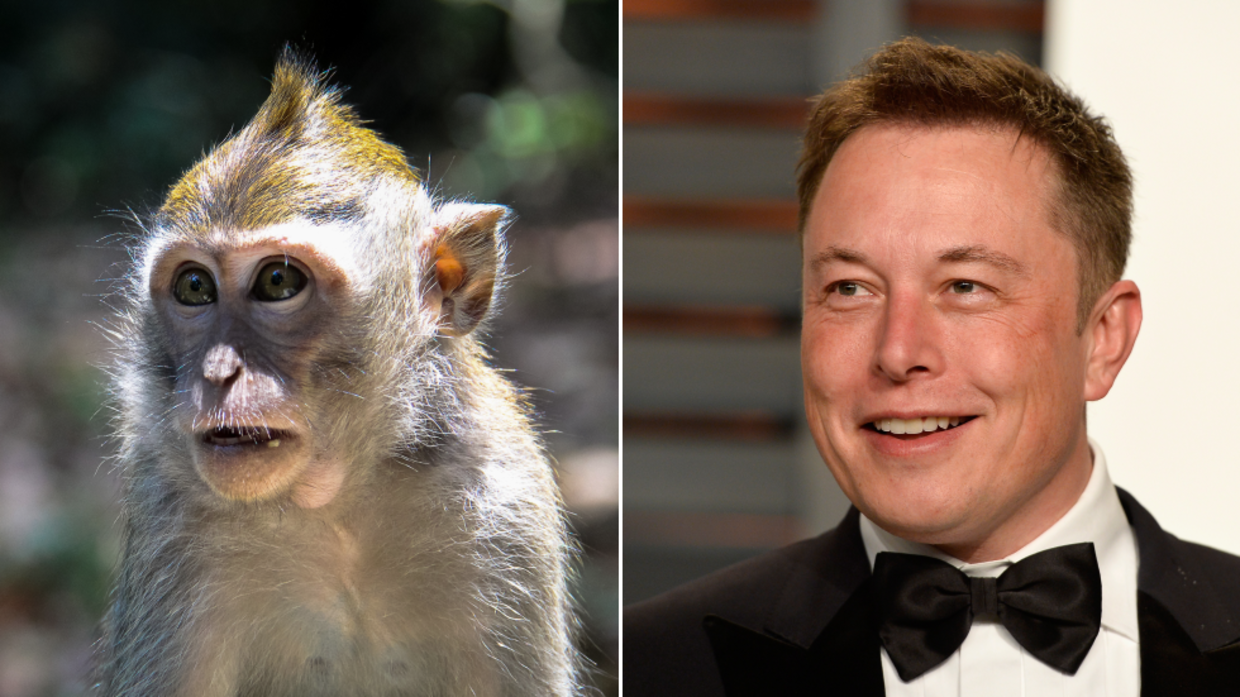Elon Musk has claimed that one of his startup companies has a testing facility where a very happy lab monkey with a brain chip implant can play video games.
Tesla and SpaceX CEO Elon Musk made the claim during a livestream for fans on the invitation-only conference app Clubhouse on Sunday evening, during which he spoke about his neurotechnology company Neuralink.
“We have a monkey with a wireless implant in their skull with tiny wires who can play video games with his mind,” Musk claimed, adding, “You can’t see where the implant is and he’s a happy monkey.”
Also on rt.com Digital immortality: Transhumanism may hold key to eternal life, along with multiple caveats & ethical dilemmasThe world’s richest man went on to claim that Neuralink has “the nicest monkey facilities in the world” and wants the monkeys to “play mind-Pong with each other.” Musk has previously compared the Neuralink chip to “a Fitbit in your skull with tiny wires” – in reference to the popular smartwatches.
Last year, Musk showed off several pigs which had the chips in their skulls, including one pig named Dorothy, who had had the chip removed.
“What Dorothy illustrates is that you can put in the Neuralink, remove it and be healthy, happy and indistinguishable from a normal pig,” Musk declared at the time.
Also on rt.com High-tech dystopia or evolution leap? Elon Musk rolls out working Neuralink brain implant prototype embedded in live pig (VIDEO)Video of the chipped monkey will be released in about a month, Bloomberg reported.
The billionaire’s goal is for the technology to eventually be used by humans, who could control devices like smartphones with their brain. On Twitter, Musk said that the “short-term” benefit would “solve brain/spine injuries,” with the long-term potential being “human/AI symbiosis.”
Musk’s goal, however, has been dismissed by some critics, including one of the UK’s top neurosurgeons, Dr. Henry Marsh, who called it“fairy tales.”
“I’m not saying it’s impossible, but our present level of neuroscience and technology, there’s no way we can do it,” Marsh told RT in 2019.
Like this story? Share it with a friend!


